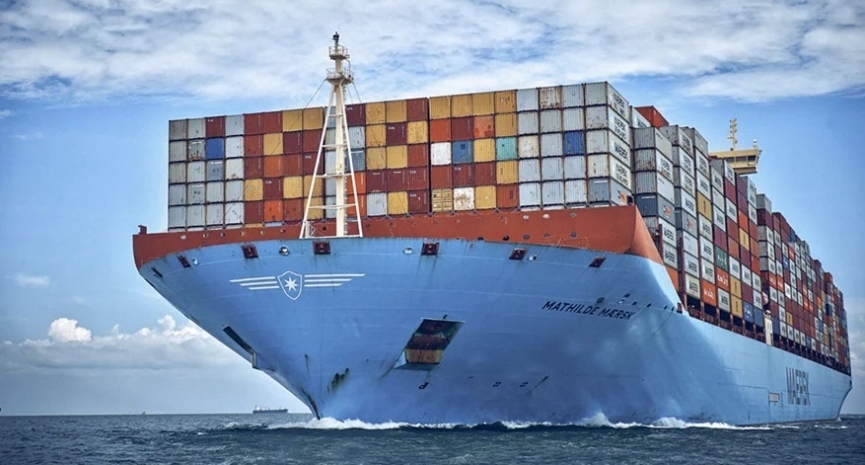Maersk restricting access to freight forwarders draw FIATA ire; Maersk says difficult to meet demand
The recent notices to users of freight services of A.P. Moller–Maersk Group and its integrated services restricting access in many economies through shifts from contracted arrangement to spot rates raises serious concerns.

January 5, 2022: The recent notices to users of freight services of A.P. Moller–Maersk Group and its integrated services restricting access in many economies through shifts from contracted arrangement to spot rates raises serious concerns.
The freight forwarding industry, as a key organiser of service delivery across all modes of transport in door-to-door operations, are expected to be significantly disadvantaged, with shippers and consumers being ultimately worst hit, says International Federation of Freight Forwarders Associations (FIATA).
Such practices are considered to amount to market domination and competitive distortions, which have been made possible by way of governmental tax reliefs and subsidies to shipping lines in a variety of jurisdictions. "Dramatic changes have already taken place in the number of shipping lines providing service offerings for the international movement of goods by sea with mergers and acquisitions over the past two decades seeing consolidation into a handful of dominant shipping lines who have furthered that dominance by forming key alliances. These lines, and alliances, have also set out to vertically integrate services through the acquisition of terminal handling operations, national and international freight forwarding entities."
FIATA, in its representation of international freight forwarders of which small and medium sized enterprises (SMEs) form a significant part, welcomes the work by the U.S. Federal Maritime Commission and the Australian Productivity Commission to publicly look into these evolving business arrangements. FIATA is also urging other economies to follow suit and address any implications as regards their international commitments through the World Trade Organization including the European Commission.
"These changed arrangements, which have been accelerated and facilitated by the pandemic, have resulted in significant unanticipated profits by these few and their ability to determine the viability of others offering freight services in a now highly disrupted and volatile marketplace. Their integration allows them to make price differentiation, which impacts free market competition. It is highly regrettable that these profits are not better used to invest in decarbonisation and a more sustainable maritime industry” says Dr Stéphane Graber, Director General, FIATA.
While supporting free market competition, FIATA does not believe it can fully take place in a marketplace dominated by select service suppliers.
"Forwarders have been, are and continue to be one of the biggest customer groups we have on our ships," Maersk said in a statement. "Aiming at enhanced reliability in these continued extraordinary market conditions we see today where demand far exceeds supply, we have informed some customers that we won't be able to meet all of their expectations in 2022, particularly on specific trade lanes e.g. Asia to Europe and Asia to North America where we have seen unprecedented congestion and disruptions."
Maersk added that they can still do business online via maersk.com as well as all other trade lanes around the world.
Geneva-based FIATA is a non-governmental, membership-based organisation representing freight forwarders in some 150 countries.
Source: itln.in


